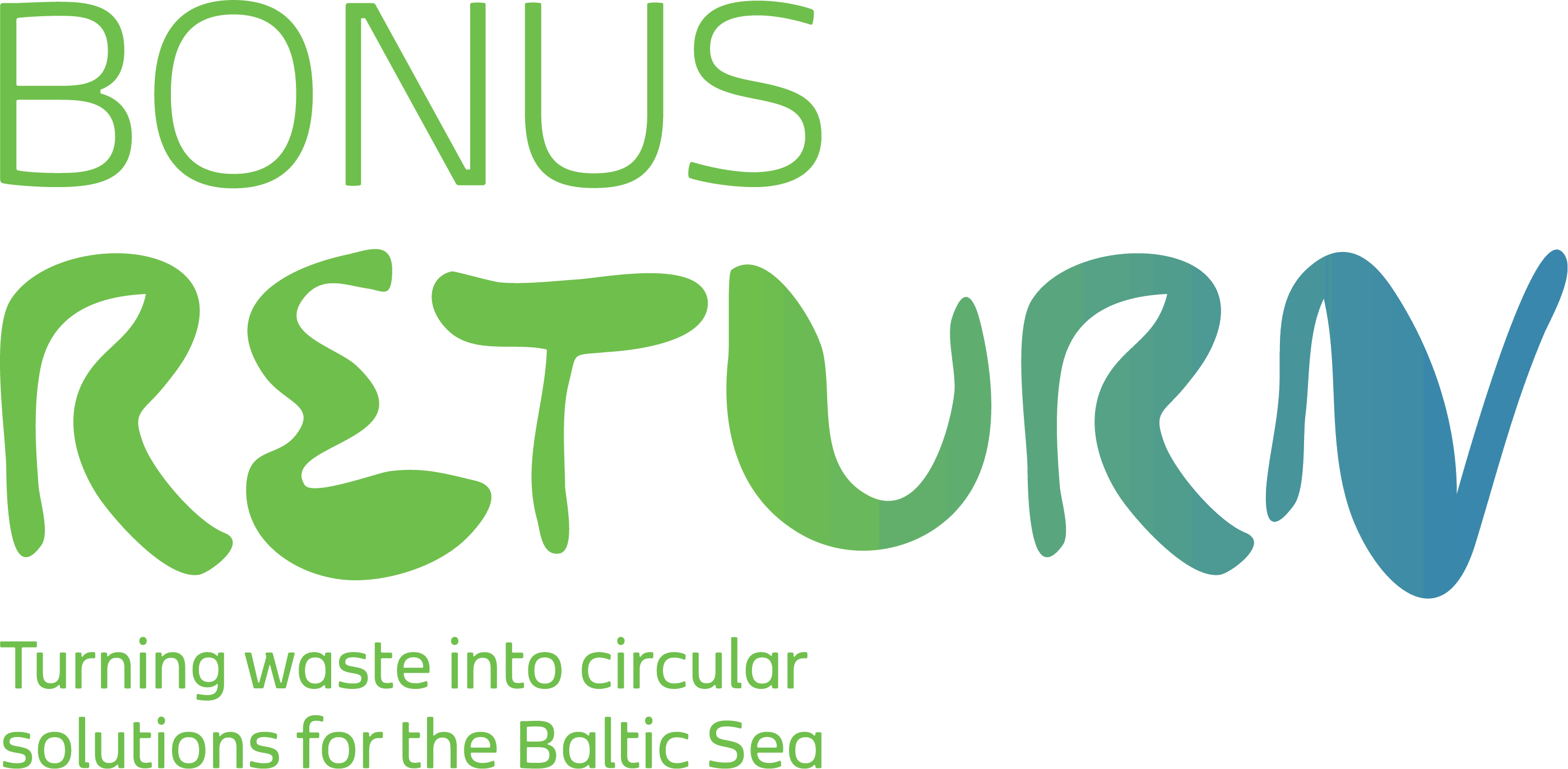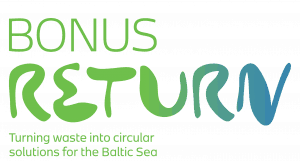Authors: Jari Koskiaho, Tomasz Okruszko, Mikolaj Piniewski, Pawel Marcinkowski, Sirkka Tattari, Solveig Johannesdottir, Erik Kärrman, Maria Kämäri.
Abstract
There exist numerous ecotechnologies for recovery and reuse of carbon and nutrients from various waste streams before they are lost to runoff. However, it remains largely unknown how growing implementation of such ecotechnologies affect nutrient emissions to surface waters at catchment scale. Here, this knowledge gap is addressed by application of SWAT model in three case study catchments draining to the Baltic Sea: Vantaanjoki (Finland), Fyrisån (Sweden) and Słupia (Poland).
Sustainability analysis with Multi-Criteria Analysis was applied in the stakeholder workshops in the case study areas to assess different ecotechnology alternatives. The following ecotechnologies received the highest sustainability scores: in Vantaanjoki anaerobic digestion, based on mostly agricultural residues; in Fyrisån source-separation of wastewaters; in Słupia nutrient extraction within the wastewater treatment process. The effect of application of digestate on agricultural soils in the Vantaanjoki catchment was simulated by adjusting the model parameters describing the organic carbon content and physical properties of soil.
The results showed small reductions of nutrient loads to the Gulf of Finland. Larger reductions of nutrient loads to Lake Mälaren in Sweden and the Baltic Sea in Poland were achieved as a result of the wastewater treatment upgrades. In the Fyrisån catchment, higher relative reductions were simulated for TN than TP, and in dry years than in wet years. Although the studied ecotechnologies did not show as high effectiveness in nutrient load reduction as combinations of traditional Best Management Practices reported in literature, they do have other multiple benefits including crop yield increase, electricity, heat and bio-based fertilizer production.

